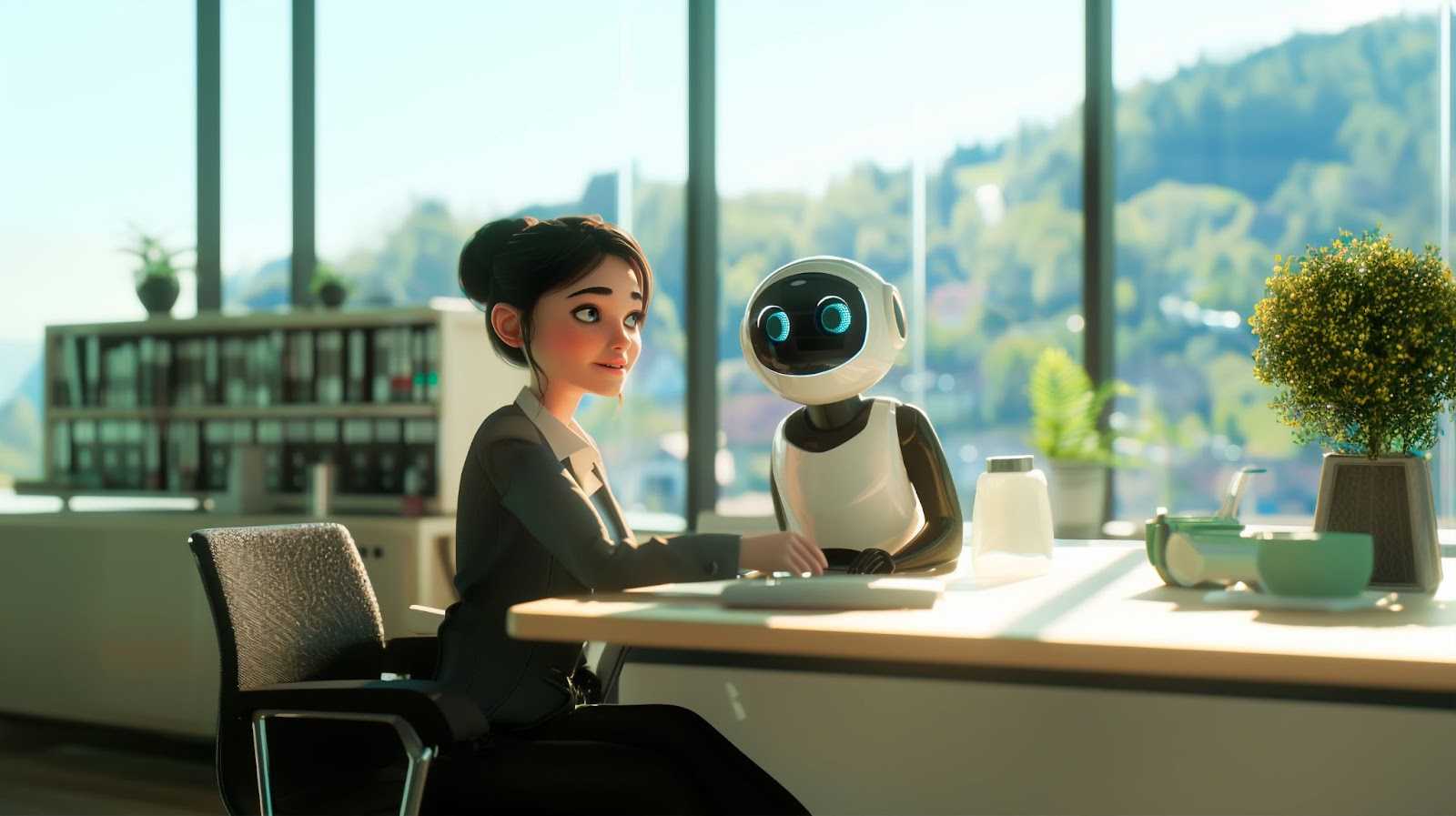The AI Revolution in HR: A Game-Changer for Executives
Imagine a workplace where talent acquisition is swift, employee engagement is personalized, and administrative tasks are seamlessly automated. Welcome to the future of Human Resources, powered by Generative AI.
In the rapidly evolving landscape of Human Resources (HR), staying ahead means embracing innovative technologies that streamline operations and enhance employee experiences. As of January 2025, Generative Artificial Intelligence (AI) stands at the forefront of this transformation, offering HR executives unprecedented tools to revolutionize their practices.
Redefining Talent Acquisition
Recruitment has always been a cornerstone of HR, and Generative AI is reshaping this domain in remarkable ways. Advanced AI-driven platforms now automate the initial stages of candidate screening, analyzing resumes to identify the most suitable candidates based on predefined criteria. This not only accelerates the hiring process but also minimizes human biases, ensuring a more diverse and qualified talent pool.
Moreover, AI-powered chatbots conduct preliminary interviews, engaging candidates in natural language conversations. These virtual assistants assess responses, gauge competencies, and provide insightful evaluations, allowing HR professionals to focus on strategic decision-making. For instance, companies like Beamery have introduced TalentGPT, a generative AI that delivers personalized experiences for recruiters and candidates alike.
Personalizing Employee Development
Employee growth and satisfaction are pivotal for organizational success. Generative AI facilitates personalized learning and development plans by analyzing individual performance data, career aspirations, and skill gaps. By tailoring training programs to each employee's unique needs, AI ensures more effective skill development and higher engagement levels.
Additionally, AI algorithms can predict potential career paths within the organization, offering employees clear trajectories for advancement. This proactive approach not only boosts morale but also aids in succession planning, ensuring that the organization is prepared for future leadership needs.
Streamlining Administrative Tasks
Administrative duties often consume a significant portion of HR's time. Generative AI automates tasks such as payroll processing, leave management, and benefits administration, reducing manual effort and minimizing errors. For example, AI systems can process and analyze unstructured data from documents and contracts, extracting critical information and facilitating efficient management.
Furthermore, AI-powered agents assist employees with routine inquiries, providing instant responses and freeing HR personnel to focus on more complex issues. This leads to improved efficiency and allows HR teams to dedicate more time to strategic initiatives.
Enhancing Employee Engagement
Understanding employee sentiment is crucial for fostering a positive work environment. Generative AI analyzes feedback from surveys, performance reviews, and other sources to identify trends and areas for improvement. By providing actionable insights, AI enables HR to implement targeted interventions that enhance job satisfaction and retention.
Moreover, AI-driven platforms can facilitate continuous feedback loops, allowing employees to voice concerns and suggestions in real time. This promotes a culture of open communication and responsiveness, further strengthening employee engagement.
Implementing Generative AI in HR
Adopting Generative AI requires a strategic approach. Organizations should start by identifying areas where AI can have the most significant impact, such as recruitment or employee development. Collaborating with AI solution providers can help tailor tools to specific organizational needs.
It's essential to address potential challenges, including data privacy concerns and the need for employee training on new technologies. Establishing clear policies and maintaining transparency about AI use can mitigate resistance and build trust among staff.
Looking Ahead
As we progress through 2025, the integration of Generative AI in HR is set to become increasingly sophisticated. Emerging applications include predictive analytics for workforce planning and advanced personalization of employee experiences. By embracing these innovations, HR executives can position their organizations at the cutting edge of efficiency and employee satisfaction.
In conclusion, Generative AI offers transformative potential for HR functions. By leveraging these technologies, HR executives can streamline operations, enhance employee engagement, and drive organizational success in the modern workplace.
Further Reading
Generative AI vs. Traditional AI: Key Differences and Use CasesBreaking Down Data Silos: Lessons from Silo on Data Integration
5 Ways Data Fuels Growth: Master Your Business Analytics Platform
Ready to find out more?
